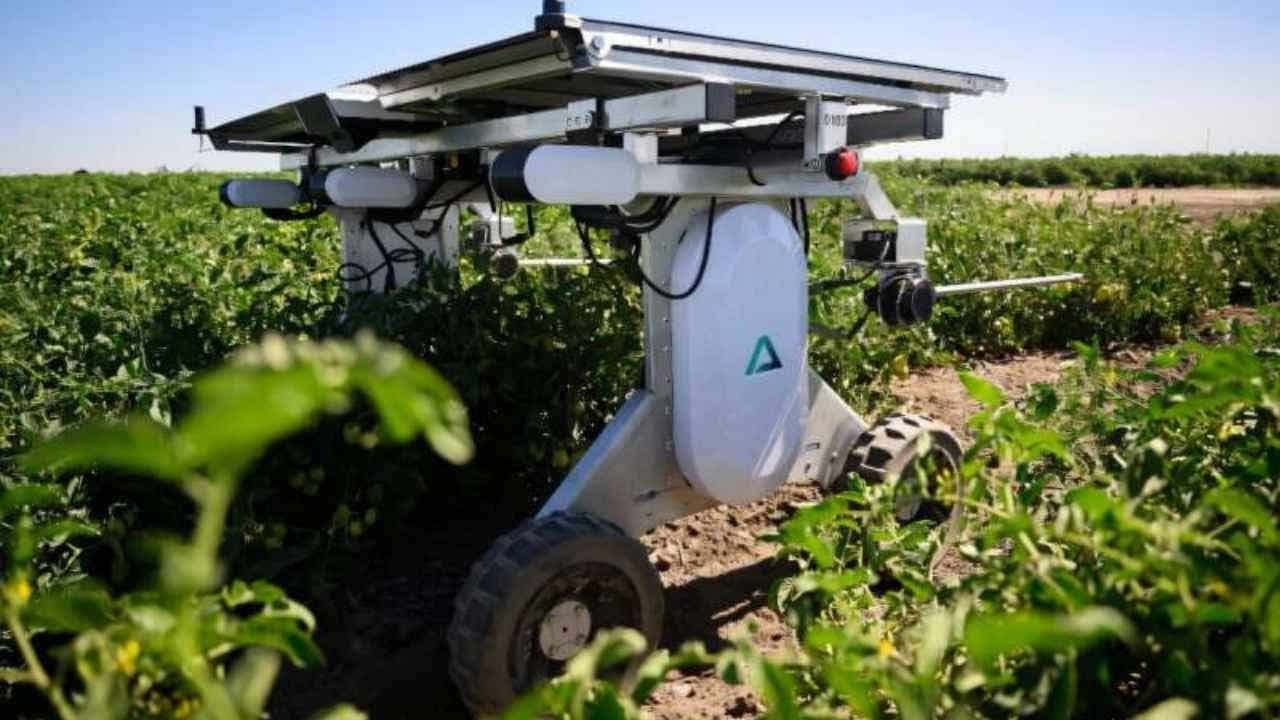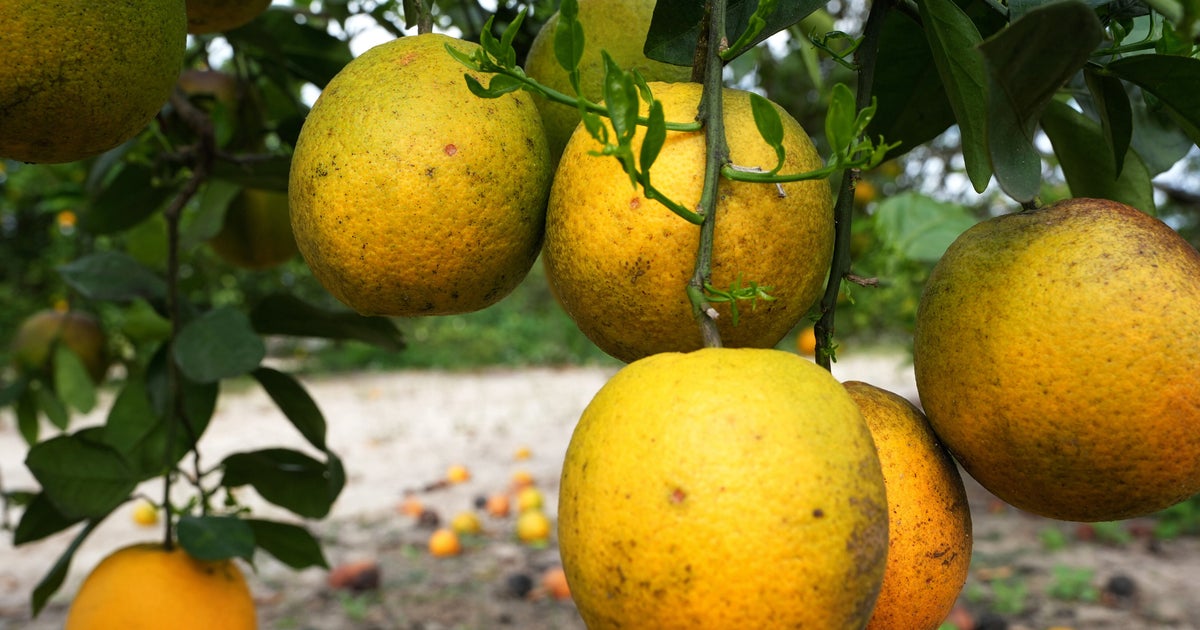Climate change: Stakeholders seek reforms on land use, agriculture
Stakeholders have heighten call for policy coherence, inclusive engagement, and urgent action to address the impacts of climate change on land use and food systems in Nigeria..
The Stakeholders made the submission in a communique issued at the end of a high level meeting on climate change, sustainable land use and agriculture organized by the African Centre for Climate Action and Rural Development Initiative in partnership with the African Center for Climate Change.
The meeting held yesterday in Abuja had in attendance representatives of the Secretary General of the Federation, Ministry of Agriculture, Environment, Budget and National Planning, RED++ program, Civil Society Organisations and the Private sector
Highlighting the focus of the workshop, the Founder of ACCARD Amb Freeman Eloho said they focused on improving land management practices without compromising the ability of future generations to meet their needs.
According to him tWe have had numerous dialogues, but what is lacking is coherence and inclusivity. We must bring together government, private sector, and civil society to act as one. Climate change is no longer just an environmental issue — it’s fuelling conflicts, food insecurity, and the excessive use of agrochemicals.”
He stressed the need for inclusive and coordinated solutions, pointing out that while land use and climate change issues have been widely discussed in various forums, they are often addressed in isolation.
The workshop highlighted the growing challenges of climate change, population pressure, and declining natural resources.and also raised concern over poor land-use practices, which they said have contributed to food insecurity and declining soil health. The rising use of agrochemicals, driven by unsustainable farming practices and climate shifts, was also discussed.
According to the communiqué issued at the end of the session, the workshop observed a high degree of policy fragmentation across relevant sectors, with overlapping responsibilities among agencies and lack of synergy between government and institutions.
The Secretary to the Government of the Federation (SGF), who participated in the dialogue, disclosed that the government is developing a national policy framework to harmonize land-use-related policies across the ministries of agriculture, environment, budget and planning, and other relevant agencies. The framework, he said, would serve as a reference point for current and future administrations, helping to avoid duplication and ensure policy continuity.
“The framework will also guide development partners in aligning their interventions with Nigeria’s priorities,” the SGF noted.
The communiqué further emphasized the need to promote agroecology as a sustainable farming model, leverage technology for safer food production, and simplify agricultural innovations so farmers at the grassroots can adopt them easily.
It also underscored the urgency of addressing food safety and food security, calling on government agencies to open communication channels that enable citizen-driven, sustainable solutions.
Stakeholders agreed that achieving food sufficiency must go hand in hand with ensuring that what Nigerians eat is healthy and safe — especially in the face of increasing climate-induced risks and population growth.
The proposed policy harmonization, they said, would accelerate progress in sustainable land use and agricultural resilience if effectively implemented at both state and local government levels.
You may also like...
Diddy's Legal Troubles & Racketeering Trial

Music mogul Sean 'Diddy' Combs was acquitted of sex trafficking and racketeering charges but convicted on transportation...
Thomas Partey Faces Rape & Sexual Assault Charges

Former Arsenal midfielder Thomas Partey has been formally charged with multiple counts of rape and sexual assault by UK ...
Nigeria Universities Changes Admission Policies

JAMB has clarified its admission policies, rectifying a student's status, reiterating the necessity of its Central Admis...
Ghana's Economic Reforms & Gold Sector Initiatives

Ghana is undertaking a comprehensive economic overhaul with President John Dramani Mahama's 24-Hour Economy and Accelera...
WAFCON 2024 African Women's Football Tournament

The 2024 Women's Africa Cup of Nations opened with thrilling matches, seeing Nigeria's Super Falcons secure a dominant 3...
Emergence & Dynamics of Nigeria's ADC Coalition

A new opposition coalition, led by the African Democratic Congress (ADC), is emerging to challenge President Bola Ahmed ...
Demise of Olubadan of Ibadanland
Oba Owolabi Olakulehin, the 43rd Olubadan of Ibadanland, has died at 90, concluding a life of distinguished service in t...
Death of Nigerian Goalkeeping Legend Peter Rufai

Nigerian football mourns the death of legendary Super Eagles goalkeeper Peter Rufai, who passed away at 61. Known as 'Do...





